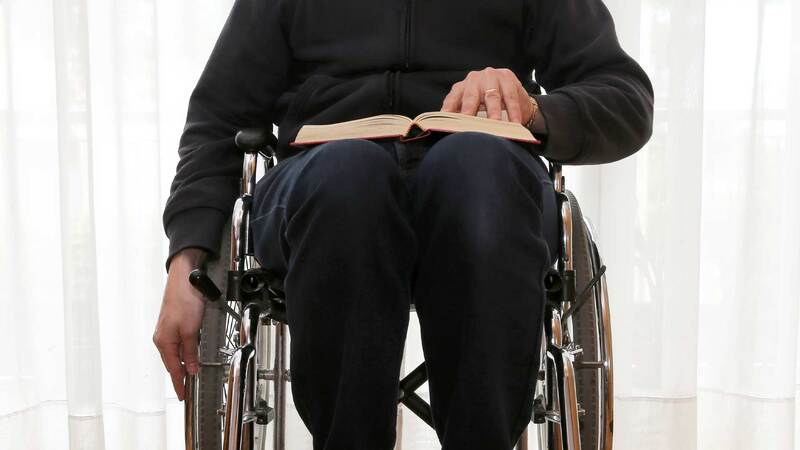You are viewing your 1 free article this month. Login to read more articles.
SoA calls on next government to offer 'more than just words' to support authors
The Society of Authors (SoA) is calling on the next government to offer "more than just words" to help support British authors and the culture sector, asking instead that it acts with funding, legislation and transparency.
According to SoA's "Election Manifesto" published today (28th April), parties' willingness to legislate for fairer author contracts and remuneration, back freelancers and bookshops in tax policy and make copyright law that is harmonised with rest of Europe willl all be important issues to members when deciding which way to vote in June's election.
Its members also want to see a commitment from future governments that any loss of funding to authors, translators and illustrators owing to Brexit is replaced and funding to libraries increased. The SoA is also seeking reform of Scottish and Northern Irish libel law, which currently differs from the rest of the UK.
SoA particularly urged the next government, on behalf of its members, to review laws applicable to creator contracts and introduce legislation to address unfair contract terms and fairer remuneration. Fairer contract terms are at the heart of SoA's CREATOR campaign. It advises the new government to back creators by continuing to follow future EU copyright law and the EU’s Digital Single Market Strategy.
The SoA said it is important for the UK to maintain a strong copyright regime that is harmonised with the rest of Europe "to ensure that we can still export to major markets". It also already supports the EU's proposals here in relation to fairness and transparency for authors; the Digital Single Market draft directive, announced in September, included provisions that would allow authors renegotiate contracts where renumeration is “disproportionately low” relative to publishers’ revenues.
Tackling concerns around Brexit, The SoA asked a future government to back the creative industries by working to "sustain an environment where innovation and creativity can flourish", emphasising the £84.1bn a year the British creative industries generate for the UK economy. It advised that to do this barriers on trade with the EU should be kept "at an absolute minimum" and that the government not accept trade barriers on books or publications of any kind (physical or digital) in exchange for lowering them on other goods. It also wants the government to champion the cultural importance of literature and publishing as part of every trade mission and in transatlantic negotiations.
With respect to freedom of movement, The SoA said: "Culture should know no boundaries. We require free movement for authors within the Schengen area and protection for EU nationals here and UK nationals living abroad."
The organisation has also called for a full review on freelance working, because freelancers are currently "often far worse off" than their equivalents who are employed. One proposal the government should consider is a requirement that publishers contribute to author pensions, it said. "We ask the next government to review the laws that impact self-employed workers," it said, "ensuring that authors are not penalised by benefits, tax and National Insurance rules, and reducing VAT on e-books and digital publications to zero."
On behalf of libraries, the next regime should also renew its support of them at national level - "to ensure a truly comprehensive and efficient public library service, to maintain PLR payments, and to follow through on the commitment to ensure all creators are fairly remunerated for library e-book loans" - and, for bookshops, it asked for "appropriate rate and tax concessions".
According to The Bookseller's general election survey conducted on 19th April, 39% of the trade will be voting for the Labour Party in June, 32% for the Liberal Democrats, 15% for the Conservatives, 5% for the Green Party, 2.5% for the SNP, and less than 1% for UKIP, with 7% undecided.
A sizeable 37.10% said they had changed their minds since 2015's general election, for reasons including tactical voting, Jeremy Corbyn's leadership of the Labour Party and Brexit. Brexit will affect over 60% of voting decisions of those who took part in the survey, it revealed.
According further to the survey, key priorities for the government related to the book trade should include lower business rates for independent bookshops, keeping libraries open, VAT free e-books, freedom of movement, better funding for the arts, tackling corporate tax avoidance and strong copyright legislation.
The survey was based on the views of 278 respondents from the book trade.


















